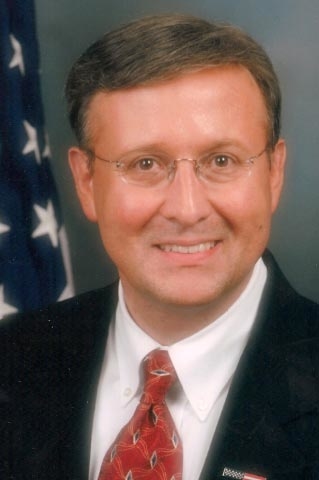The Food and Drug Administration’s approval of a mobile app to treat substance abuse marks a notable first step in a digital transformation that could reshape the way clinicians treat addiction, according to one former federal health official.
Last week, the FDA approved Reset, the first mobile medical application to treat substance abuse disorders in conjunction with outpatient therapy. Manufactured by Pear Therapeutics, the app delivers cognitive behavioral therapy to assist with treatment for alcohol, cocaine, marijuana and stimulants. It was approved by the agency after a 12-week clinical trial that showed patients using the app “showed a statistically significant increase in adherence to abstinence.”
The app has not been approved to treat opioid dependency, but the company is testing a similar model specifically for opioid addiction.
The approval signals a willingness by the FDA to integrate mobile apps into medical care as the agency overhauls its approach to digital health. More broadly, the integration of new digital tools provides a significant opportunity for the substance abuse industry to reimagine its approach to patient care.
RELATED: The FDA is finalizing a new regulatory plan for digital health and the industry is thrilled

“This is a game changer in terms of how addiction treatment is rendered,” Charles Curie, a public policy consultant and the director of the Substance Abuse and Mental Health Services Administration (SAMHSA) at the Department of Health and Human Services from 2001 to 2006, told FierceHealthcare.
It’s not just Reset that is the potential game changer—although FDA approval does give the app a leg up on its competitors. Curie expects several other apps that utilize similar cognitive behavioral therapy techniques will get in line for an FDA review. These mobile platforms provide an opportunity to evolve substance abuse treatment from a “black box” of psycho, social and behavioral therapy to a model that “yields positive predictable outcomes that are measurable and quantifiable,” Curie said.
Like mobile apps for other medical specialties, new patient-generated data streams provide clinicians with a way to measure progress and standardize treatment options. But this is particularly helpful for the substance abuse industry where relapse, coupled with rehospitalizations, is the biggest concern and progress is difficult to quantify.
“It gives us the blueprint for addiction treatment to actually enter what I would call the ‘medical mainstream,’ instead of siloed off as another type of service system,” Curie said. “I think that has profound opportunities.”
RELATED: Engage users for mobile healthcare app success
Mobile tools can also connect patients to a community for peer support and improve access to providers when they need it most. In the next decade, Curie says mobile apps and technology will be routinely prescribed by clinicians and bundled with medication and protocols that demonstrate proven results.
But even if more apps gain FDA approval, that doesn’t mean patients will use them. Engagement remains one of the largest barriers for mHealth tools, and mental health apps in particular are rife with unproven or untrustworthy products. Although Curie sees the potential for digital tools to further substance abuse treatment, it will require ongoing work to engage patients and providers by demonstrating continuous effectiveness while addressing issues such as privacy and confidentiality.
“Any time you have that kind of sea shift, it doesn’t happen overnight,” he said.